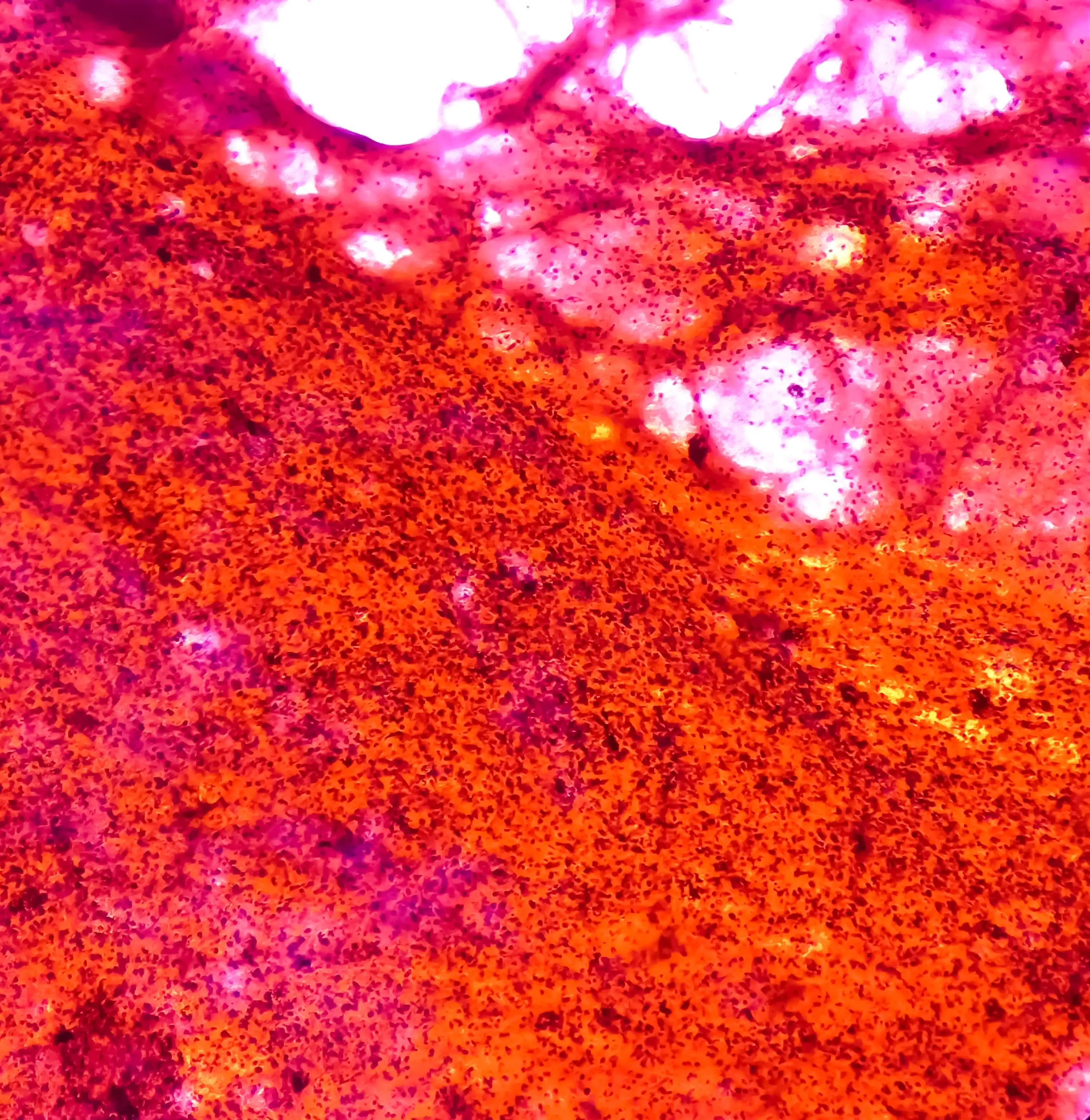KEY TAKEAWAYS
- The phase 1 study is a dose-escalating trial of BI 764532 in SCLC patients with DLL3+ tumors.
- The study’s key objective was to determine the MTD and/or recommended dose for expansion of BI 764532. Secondary objectives included safety, tolerability, pharmacokinetics, pharmacodynamics, and preliminary efficacy.
- The study suggested that BI 764532 is clinically tolerable and effective with an undetermined MTD, showing promise in heavily pre-treated SCLC patients.
This study is an ongoing phase I, open-label trial focused on escalating doses of BI 764532. It included adults diagnosed with locally advanced or metastatic DLL3+ small cell lung cancer (SCLC), neuroendocrine carcinoma (NEC), or other small cell carcinomas, including large cell NEC. This report specifically addressed the safety and effectiveness of BI 764532 in treating SCLC patients (pts).
Three different treatment protocols were used for administering BI 764532 intravenously: Regimen A (fixed iv dose q3w), Regimen B1 (fixed iv dose qw), and Regimen B2 (step-in doses followed by a fixed dose). The treatment continued until there was disease progression, unacceptable toxicity, other withdrawal criteria, or the maximum duration of 36 months was reached.
The primary aim was to establish the maximum tolerated dose (MTD) or the recommended dose for further study based on any dose-limiting toxicities (DLTs) observed. Additional objectives included assessing the drug’s safety, tolerability, pharmacokinetic, and pharmacodynamics, as well as its initial effectiveness as determined by the investigator using RECIST v1.1 criteria.
Up until December 28, 2022, a total of 90 pts had been administered at least one dose of BI 764532, divided across different regimens as follows: Regimen A had 24 pts across 8 dosage levels, Regimen B1 had 10 pts across 3 dosage levels, and Regimen B2 had 56 pts across 6 dosage levels, with an initial dosage of 0.03 µg/kg. DLTs were observed in one patient under Regimen A, who experienced Grade 3 confusion, and four pts under Regimen B2 had various serious adverse reactions, including Grade 4 and 3 cytokine release syndrome (CRS), a Grade 3 nervous system disorder, and a Grade 2 infusion-related reaction. Despite this, MTD has yet to be determined, and the escalation of dosages continues. Of the 47 pts who received treatment, 13 are still undergoing treatment. Among the SCLC pts, 51% were women and the median age stood at 60, with ages ranging from 32 to 78 years.
Additionally, 77% of these pts had an ECOG PS 0/1. More than half, 53%, had previously been treated with PD1/PD-L1 treatment, and 77% had undergone at least two previous lines of therapy. The median duration of treatment was 43 days. The most frequently occurring treatment-related adverse events (TEAEs) included CRS, asthenia, reduced lymphocyte levels, nausea, fever, and elevated levels of aspartate aminotransferase.
CRS was managed through supportive care measures, corticosteroids, anti-IL-6R antibodies, and step-in dosing in Regimen B2. Preliminary efficacy data are available for 34 heavily pre-treated SCLC pts across all regimens. Of those who received the target dose or higher (24 pts), the overall response rate was 33%, and the disease control rate was 66%.
The study indicated that BI 764532 demonstrated clinical manageable tolerability with encouraging signs of efficacy in pts with heavily pre-treated SCLC. The MTD has not been reached yet, and the study is currently ongoing with plans for updated findings to be released.
Source: https://cattendee.abstractsonline.com/meeting/10925/presentation/1019
Clinical Trial: https://classic.clinicaltrials.gov/ct2/show/NCT04429087
Wermke, M., Kuboki, Y., Felip, E., Alese, O.B., Morgensztern, D., Sayehli, C., Arriola, E., Sanmamed, M.F., Oum’ Hamed, Z., Song, E., Studeny, M., Gambardella, V. Phase I Dose Escalation Trial Of The DLL3/CD3 Igg-Like T Cell Engager BI 764532 In Patients with DLL3+ Tumors: Focus on SCLC.



